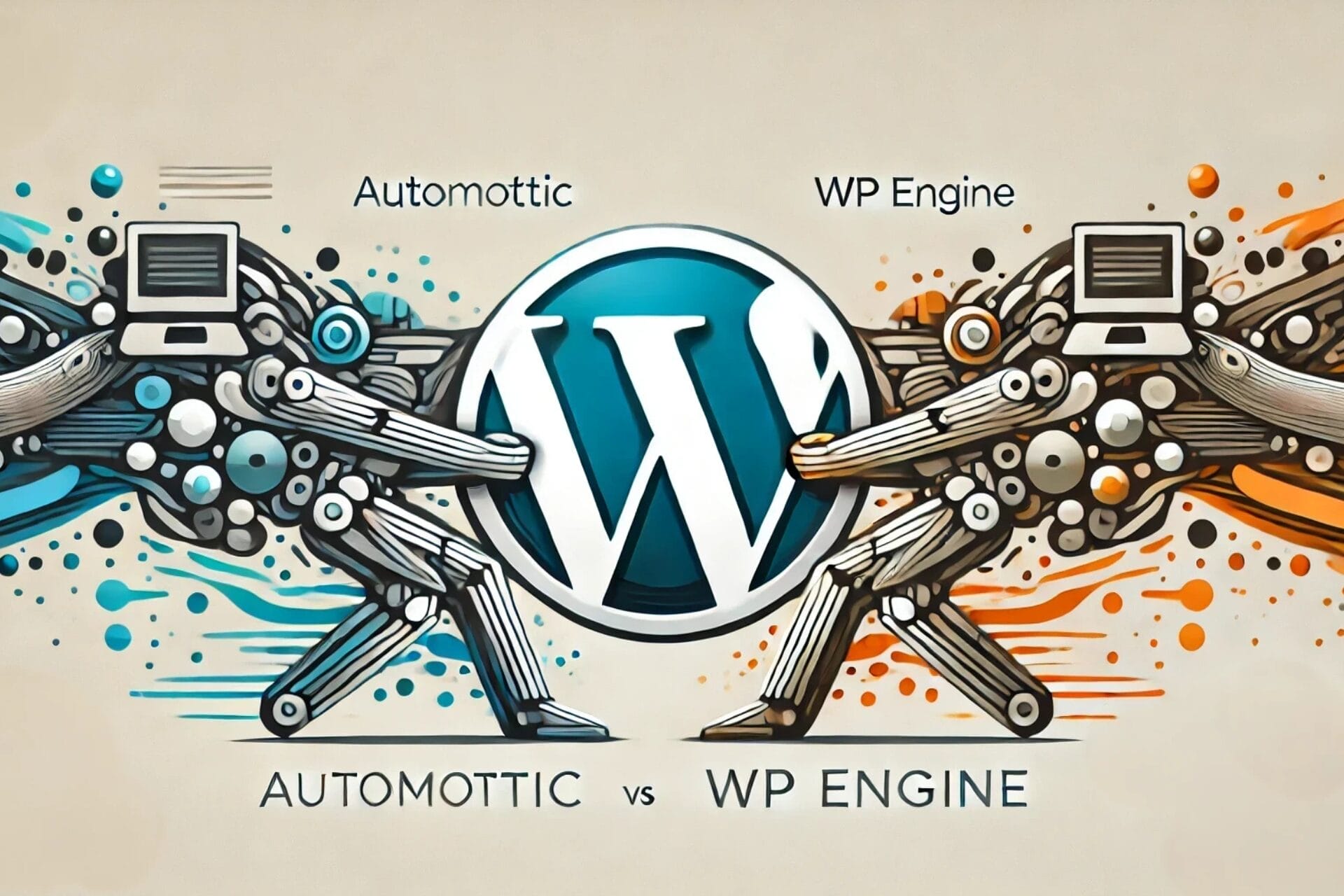The WordPress ecosystem is experiencing one of its most significant internal conflicts as a clash between Automattic,
the parent company of WordPress, and WP Engine, one of the platform’s major hosting providers, threatens to shake
the foundation of the open-source project. At the center of the dispute are Automattic’s CEO and WordPress co-founder,
Matt Mullenweg, and WP Engine, embroiled in a power struggle over the future direction of WordPress.
It all began when Mullenweg publicly criticized WP Engine during an interview, accusing the hosting provider of
benefiting from WordPress without contributing sufficiently to the community. He went so far as to call WP Engine
a “cancer” to the WordPress ecosystem. WP Engine quickly retaliated, challenging Automattic’s growing control over
WordPress.org and its centralized decision-making.
This public dispute isn’t just about personal differences but centers on how the future of WordPress should be shaped.
Mullenweg has a clear vision: further expansion of the Gutenberg block editor, the integration of AI technologies,
and continuing to maintain WordPress as the leading content management system (CMS). WP Engine, however, advocates
for a more decentralized approach, arguing that the open-source ethos of WordPress is being diluted by Automattic’s
increasing influence.
Mullenweg’s comments sparked debates throughout the WordPress community. Some, including employees at Automattic,
expressed strong support for Mullenweg’s leadership. One WordPress community member, Justin Tadlock, expressed on
Twitter, “The offer was tempting…But I believe in WordPress, and Automattic is the best place to continue the work
I’ve dedicated nearly my entire adult life to” (source).
On the other hand, WP Engine has garnered its share of defenders, with many voicing concerns that WordPress is becoming
less of a community project and more of a corporate-controlled platform. Some industry experts have drawn comparisons
between this battle and other high-profile tech disputes, like the internal conflicts at Basecamp and even Elon Musk’s
reorganization of Twitter.
Amid the chaos, 159 Automattic employees, representing about 8.4% of the company’s workforce, opted to accept a severance
package and leave the company. This was offered by Mullenweg as part of an “alignment” process to ensure that only those
who fully embraced his vision for WordPress would stay.
Key figures in the WordPress world, including AI architect Daniel Walmsley and Open Source Project Manager Naoko Takano,
were among those who departed. Despite the exits, Mullenweg remains unfazed, noting in his statement that these departures
were necessary to keep the company moving forward in a unified direction.
While the bulk of Automattic employees—91.6%—chose to remain, the loss of seasoned talent has raised concerns about the
future dynamics within the company. Many in the community remain hopeful, but there is an undeniable sense of uncertainty
about what lies ahead for WordPress.
The battle between Automattic and WP Engine could escalate into legal territory. WP Engine is reportedly considering
a libel lawsuit in response to Mullenweg’s strong remarks. Should this happen, the conflict could move from a corporate
disagreement to a courtroom showdown, further intensifying the stakes.
At its core, this isn’t just a personal battle between two CEOs but a fight for the soul of WordPress. WP Engine wants
to ensure that the platform remains decentralized, open, and driven by community contributions. Mullenweg, while a champion
of open-source principles, is pushing for innovation through more centralized control to keep WordPress competitive in a
rapidly changing technological landscape.
WordPress powers over 40% of the web, meaning the outcome of this dispute could impact millions of websites, developers,
and users. The open-source nature of WordPress has always been its strength, but now it’s being tested like never before.
Disclaimer
NextNews strives for accurate tech news, but use it with caution - content changes often, external links may be iffy, and technical glitches happen. See full disclaimer for details.
